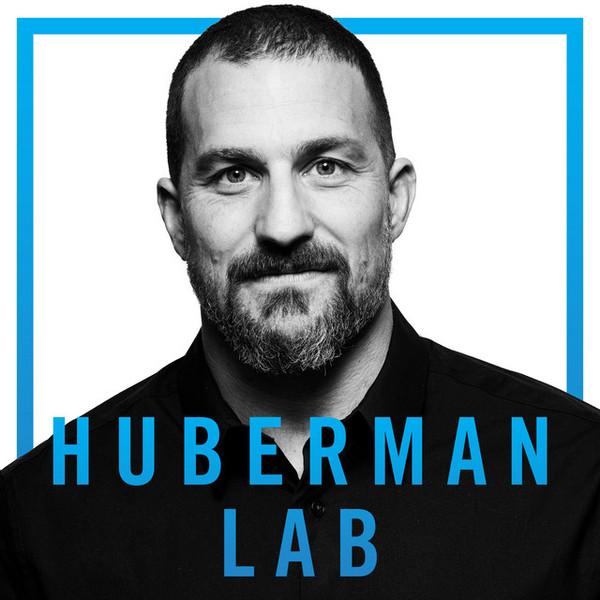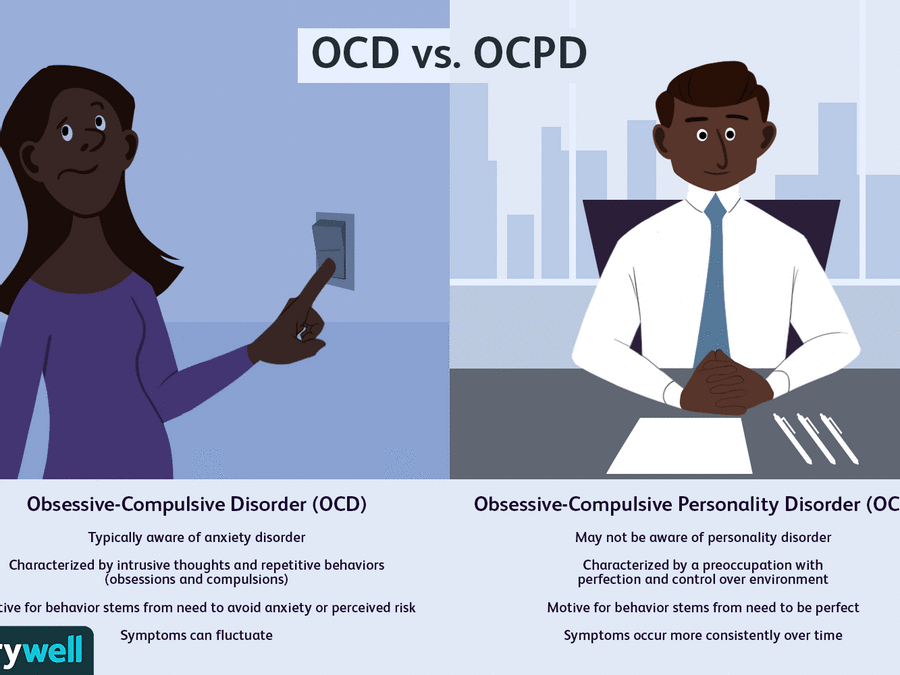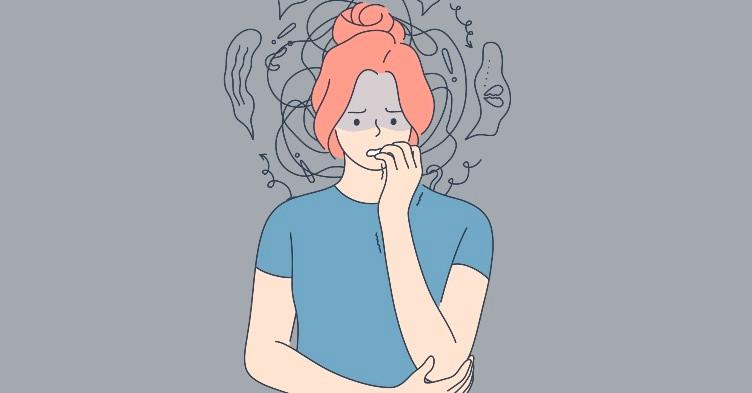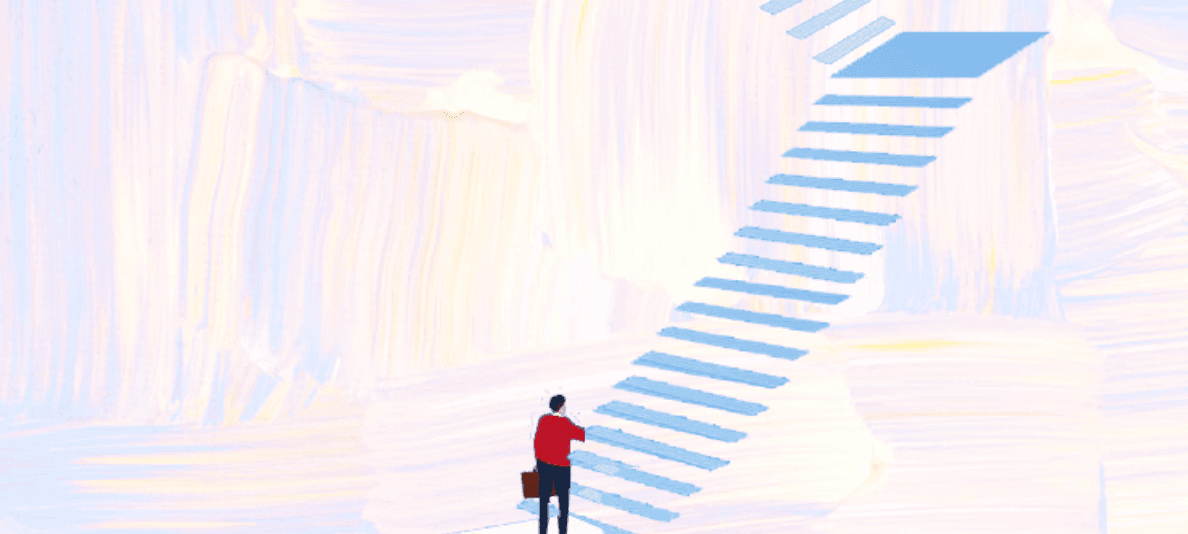The Science of Obsessive-Compulsive Disorder (OCD)
Curated from: Huberman Lab
Ideas, facts & insights covering these topics:
5 ideas
·4.63K reads
57
2
Explore the World's Best Ideas
Join today and uncover 100+ curated journeys from 50+ topics. Unlock access to our mobile app with extensive features.
OCD (Obsesive Compulsive Disorder) vs OCPD (Obsesive Compulsive Personality)
OCD is an unhealthy mania for doing certain things. Like washing 50 in a row, counting in their head, checking the lock 20 times etc ....
If the obsessions are like itches, in OCPD they go away with scratching, and they intensify in OCD. Having such a personality can have benefits, with the itches acting as rewards for progress, but a disorder is debilitating.
As high as 4% of the world population suffers from OCD. It rank the 7th the most debilitating disease, because of the shame associated with the obsession and the sheer amount of wasted time.
55
1.17K reads
Types of OCD obsessions
- Repetition: "when you check the lock 30 times before leaving the house" Endless loops of the same action.
- Counting: "when you have do to something 5 times in a row" It could be an action or a mental counting.
- Order: "spend days perfecting the perfect email" or "ordering the dolls in the exact way" It manifests as incompleteness, symmetry or disgust (thinking something is contaminated)
60
947 reads
Anxiety - the common thread
Anxiety is a state of fear or alertness without the clear & present danger. It's what binds obsessions and compulsions.
A person suffering from OCD is aware his belief is irrational. But it feels like the right intuition. "I know nothing bad will happen if I turn right but it feels like something bad will if don't."
53
862 reads
Exposure Therapy
The only form of proven therapy for OCD. It is a cognitive behaviour therapy (CBT), a talking therapy, however unlike counselling, it is much more structured and tailored around the individuals ‘here and now’ obsessive behaviour.
The goal is to get the patient face his/her fears caused. Unlike other treatments where the focus is calm, safety and so on, this therapy is about creating and facing the uncomfortable states.
CBT is done by professionals, takes a long time.
53
805 reads
Drug Based Therapy For OCD
Most of them don't seem to have any significant impact. There is research looking into:
- Psychedelics. The idea is that serotonin would improve the obsessions. So far, the data showed little benefit.
- Ketamine. Another drug used for trauma showed little benefit here.
- Cannabis: it can relieve anxiety temporarily, but showed little OCD specific relief. Since it also increases focus it may do more harm than good.
49
844 reads
IDEAS CURATED BY
Life-long learner. Passionate about leadership, entrepreneurship, philosophy, Buddhism & SF. Founder @deepstash.
CURATOR'S NOTE
A deep look into a very common mental problem
“
Vladimir Oane's ideas are part of this journey:
Learn more about mentalhealth with this collection
How to handle conflicts
How to identify and regulate emotions
How to develop self-awareness
Related collections
Similar ideas
5 ideas
Tools to Improve Your Focus & Concentration
Huberman Lab
10 ideas
Read & Learn
20x Faster
without
deepstash
with
deepstash
with
deepstash
Personalized microlearning
—
100+ Learning Journeys
—
Access to 200,000+ ideas
—
Access to the mobile app
—
Unlimited idea saving
—
—
Unlimited history
—
—
Unlimited listening to ideas
—
—
Downloading & offline access
—
—
Supercharge your mind with one idea per day
Enter your email and spend 1 minute every day to learn something new.
I agree to receive email updates



